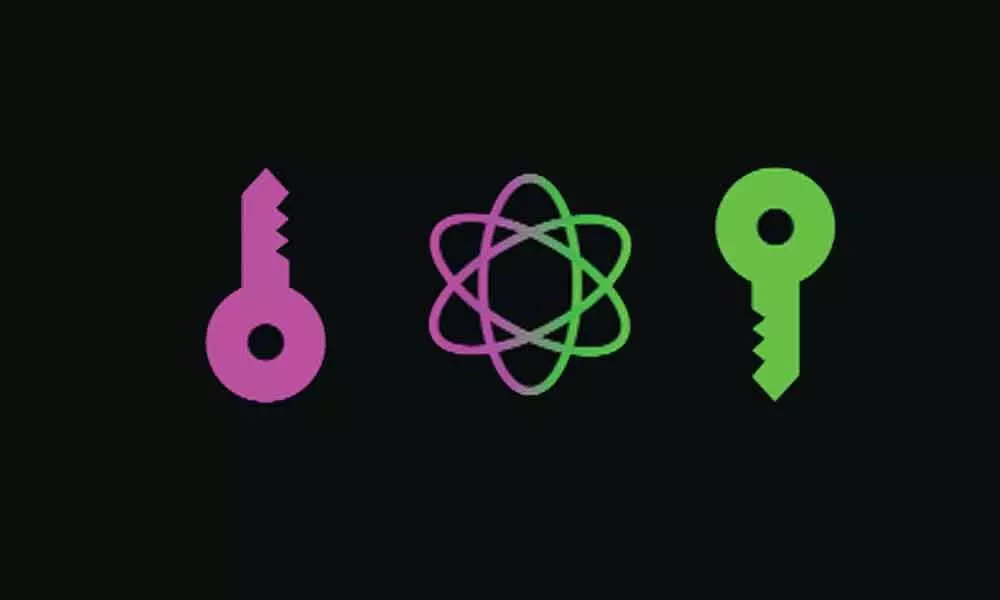Major Breakthrough in Hyderabad: 2 DRDO labs engage in quantum communication

Major Breakthrough in Hyderabad: 2 DRDO labs engage in quantum communication
The Defence Research and Development Organisation (DRDO) on Wednesday successfully demonstrated communication between its two labs using Quantum Key Distribution (QKD) technology, which is a "robust" way to share encryption keys, said an official statement
Hyderabad: The Defence Research and Development Organisation (DRDO) on Wednesday successfully demonstrated communication between its two labs using Quantum Key Distribution (QKD) technology, which is a "robust" way to share encryption keys, said an official statement.
In the QKD technology, encryption keys are sent as qubits in a fibre optic cable. Quantum computing uses qubits as basic resources, similar to how bits are used as basic resources in classical computing. The QKD is designed in a way that if an illegitimate entity tries to read the transmission, it will disturb the qubits - which are encoded on photons - and this will generate transmission errors, leading to legitimate end users being immediately informed.
"Secure communications are vital for defence and strategic agencies world over and distribution of encryption keys from time to time is an important requirement in this context... Quantum based communication offers a robust solution to sharing the keys securely," said an official statement. Defence Minister Rajnath Singh congratulated the DRDO for successful demonstration of QKD-based communication between its two labs in Hyderabad, said the statement.
The Defence Research and Development Laboratory (DRDL) and The Research Centre Imarat (RCI) were the two labs that participated in this demonstration. "Quantum Communication using the time-bin QKD scheme was performed under realistic conditions. The setup also demonstrated the validation of detection of a third party trying to gain knowledge of the communication," the statement added. Time-bin encoding is used to encode qubit on a photon.
How does it work?
Encryption relies on so called encryption keys – usually strings of ones and zeroes – used to encrypt and decrypt information. If the receiver of an encrypted message has the key, then he or she can decrypt and read the information. The problem is generally to transfer the key without an adversary getting hold of it. In quantum communication, the encryption key is transferred using quantum particles, so-called Quantum Key Distribution (QKD).
According to the laws of quantum physics, it is impossible to measure or copy an unknown state of a quantum particle without noticeably changing it. Therefore, one can always be sure to detect interception. Once the key is safely transferred, the message encrypted with the key can be sent in a conventional way, via a communication channel that anyone can access. (https://www.chalmers.se/)








